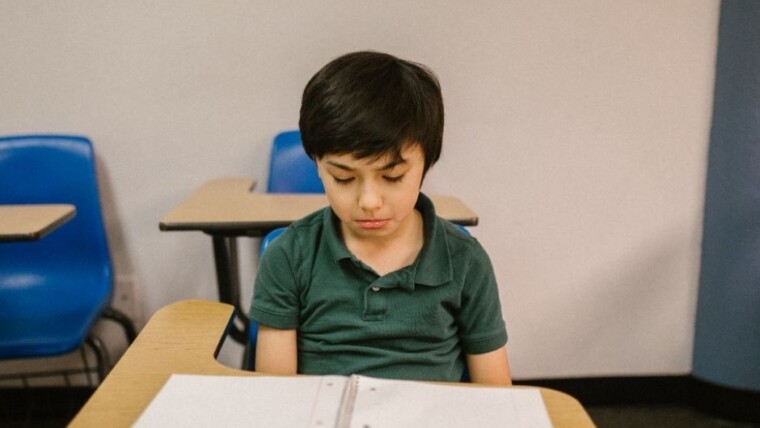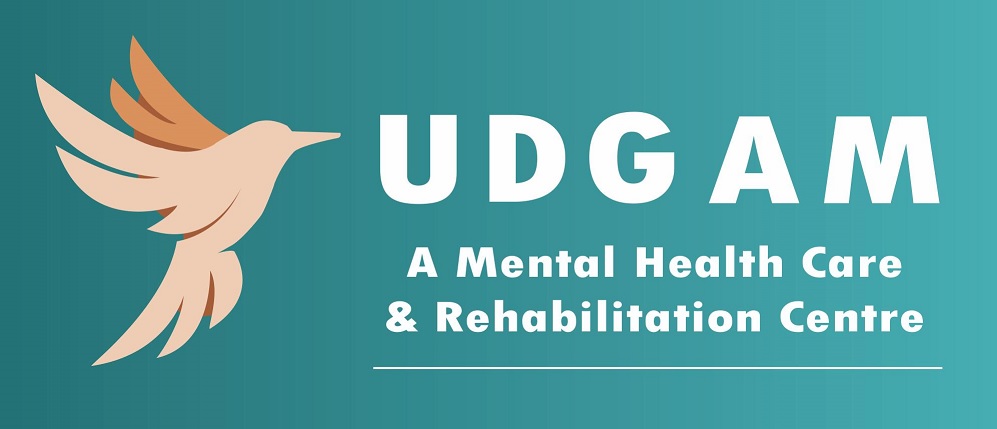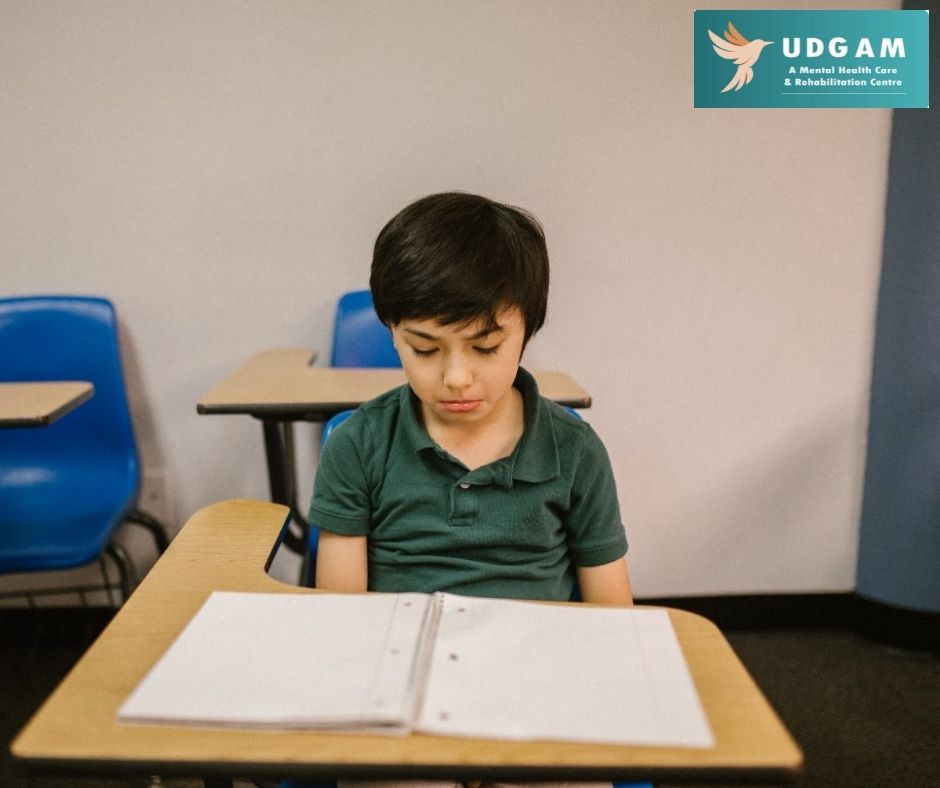Child Learning Disorders
Our society is built on labels. We put these tiny tags on people, objects, opinions, and situations. Some of these tags may not be so noticeable, yet some are impactful – “this is a good person!” or “that is a bad person!” or “this situation is toxic!” or “that thing is ugly!”.
Like animals work with instincts, humans work with categories. For an animal, going against their instincts is dangerous, and they may never do that. But we forget that we have the power of introspection in our hands. We have built these categories so there is no harm in moving beyond them.
The categories are made by us, and our morals are influenced by these categories. We define what is good and what is bad, based on our limited introspection, and put the entire interpretation in a box. However, we humans are versatile, we change every minute of every day, and we are not made to fit in that box.
We see the effects of these categories on children more often than we like. We make them develop their morals based on these categories like if a person does an action they would be punished or rewarded based on the results and not the reasoning, and hence that person is either good or bad.
Stretching this concept further, we usually observe parents scolding their children if they do not study or fail exams. then the educational institutes and society are ready to categorise them, without a chance for improvement- “Oh! Did you fail your exams? you must be a bad student” or ” you cannot answer simple questions? you must be stupid”
These small categories and labels are not only hurtful, but they also limit a person, especially a child. bringing up children in an environment of constant competition has become natural nowadays, the least we can do is avoid unnecessary labels.
Let your children learn how to thrive, and expand before you shove them in a box.
it is okay if a child has failed an exam or if they are not at the same level as their peers. In our generation of rapidly developing studies, we can find an answer as to why this is happening. Ask these questions
- Is the child a slow learner?
- Do they not like their teacher?
- Is there any external stress upon them?
- or do they suffer from learning difficulties?
Whatever is the conclusion you draw, work on it. A slow learner can be aided with more structured schedules and a bit more time to learn. If the school environment or the teacher is the problem, that can be handled. If the mental health of the child is affected, psychological counselling can be useful.
But what is a child with a learning disorder? They are just that, a child. A child with a neurological condition affects their brain’s capacity to process, store and retrieve information. The condition can cause problems in reading, writing, or verbalising as well. This is being done neither by choice nor is it because of their parenting. It is a neurological condition.
So before we label our children, and put them into a box, just to make our parenting easier, why not make more efforts to understand them and their needs.
At Udgam Clinic, we work hard to promote awareness and give holistic treatment to children with learning disorders, ranging from counselling services to special education classes. Specially abled children are treated without labels, in an inclusive system with good support for parents as well. We appreciate your support and understanding of our work. To read more on learning disabilities, stay tuned to our website.
Anuja Sathe
Counselling Psychologist
Treatment for AutismTreatment typically focuses on therapies and interventions that help individuals with autism manage their symptoms, improve their quality of life, and maximize their potential for independence. In 2024, treatment for autism likely continues to involve a combination of the following approaches:Behavioral Therapies: Applied Behavior Analysis (ABA) and other behavioral therapies can help individuals with autism learn and develop…
Read more
We’re thrilled to announce the expansion of our psychiatry and psychology clinic with the opening of our newest branch! Situated in the heart of Indirapuram, Ghaziabad, our new space is dedicated to providing compassionate care and support for individuals on their mental wellness journey.At our new branch, you can expect a warm and nurturing environment where you’ll receive personalized care…
Read more
Inauguration! Udgam! Indirampuram!Discover compassionate care and expert guidance at Udgam Mental Health Care & Rehabilitation Centre – Indirapuram, a psychiatrist and psychologist clinic devoted to supporting mental health and healing. Our licensed professionals offer personalized therapies tailored to your unique needs, addressing concerns like depression, anxiety, and trauma. With a focus on confidentiality, we provide a welcoming space to explore…
Read more
Types of InsomniaInsomnia can be classified into different types based on various criteria, including the duration and underlying causes. Here are some common types of insomnia:1. Transient Insomnia:• Lasts for a short duration, usually a few nights to a few weeks.• Often linked to a specific event or stressor, such as travel, illness, or life changes.2. Acute Insomnia:• Similar to…
Read more
How to Know If You are in DepressionIt’s important to note that everyone’s experience of depression is different, and individuals may not experience all of these symptoms. Additionally, some medical conditions or medications can mimic the symptoms of depression, so it’s crucial to consult with a healthcare professional for an accurate diagnosis.Here are Some Common Signs of Depression:Persistent Sadness: Feeling…
Read more
What are Communication Disorders in Children?Communication disorders encompass a range of conditions that affect an individual’s ability to communicate effectively. These disorders can impact various aspects of communication, including speech, language, and fluency. Here are some common communication disorders:Speech Sound Disorder (SSD):Description: Speech sound disorder involves difficulties in articulating sounds correctly. Children with SSD may have trouble pronouncing certain sounds,…
Read more
Treatment of Bipolar Disorder Bipolar disorder, formerly known as manic-depressive illness, is a mental health condition characterized by intense mood swings, oscillating between manic highs and depressive lows. The comprehensive treatment of bipolar disorder encompasses a multifaceted approach, combining medication, psychotherapy, and lifestyle adjustments. It’s crucial to recognize that the individualized nature of treatment plans is influenced by factors such…
Read more
Treatment of SchizophreniaThe treatment of schizophrenia typically involves a combination of medications, psychotherapy, and support services. It’s important to note that the approach to treatment may vary based on the individual’s symptoms, severity of the condition, and other factors. The goal of treatment is to manage symptoms, improve quality of life, and support the individual in achieving their goals.Schizophrenia Symptoms:…
Read more
Child Psychology/PsychiatryIn earlier times, children were seen as mini versions of adults. Later on through multiple researches, it was seen that children do not possess the same fundamentals as adults. They are more egocentric, sensitive, less logical but more intuitive than adults. Therefore, a separate branch of psychology, working with children is needed. We employ psychologists trained in working with…
Read more
What are Specific Learning Disorders (SLD)?Specific Learning Disorders (SLD) are a group of neurodevelopmental disorders characterized by persistent difficulties in acquiring and using specific academic skills. These disorders typically manifest during the school-age years and significantly interfere with the individual’s ability to learn or use specific skills (reading, writing, or math) that are expected for their age, grade level, and…
Read more













